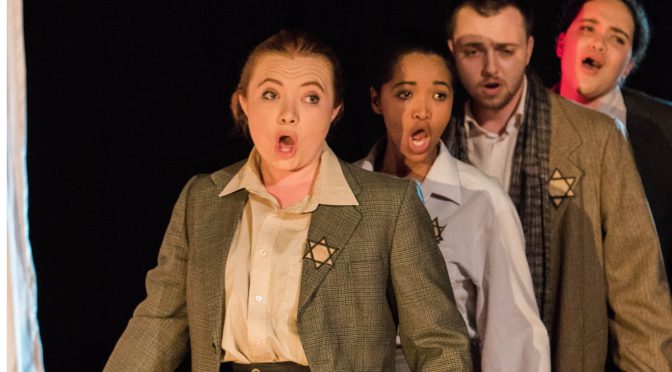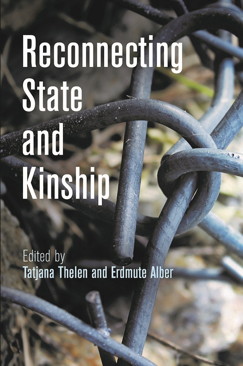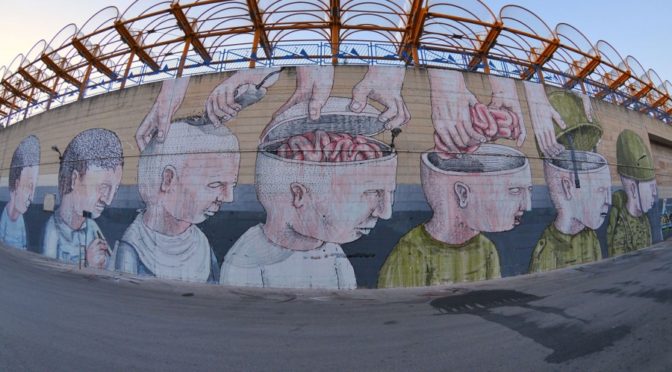International Workshop
When: 15 October 2018
Where: French Institute in Prague (Štěpánská 35, Prague 1)
Organizers: Prague Forum for Romani Histories (Institute of Contemporary History, Czech Academy of Sciences), Seminar of Romani Studies (Faculty of Arts, Charles University), CEFRES and French Institute in Prague
Language: English (simultaneous translation into Czech will be available)
PROGRAMME
16:30-18:00
HISTORICAL SURVEY
Ilsen About (National Centre for Scientific Research in Paris and member of the Centre Georg Simmel, École des hautes études en sciences sociales, Paris)
Counter-Image and Self-Image
Roma and Sinti in the History of the Photographic Medium
How Roma and Sinti have been represented through the lens of photography interrogates the making of stereotypical iconographies and the functions of such iconography in political processes of stigmatisation, exclusion or repression. It also questions the ambivalence of negotiated and self-constructed images, the professionalization of modelling and of a specialised production of specific photographic motives. Behind the screen made by objectified bodies and faces, individuals and social groups have also used and contributed to make other types of photographic images: some are testifying of social life and territorial implementation, other have played significant roles in emancipation strategies, acting as major shifts in political visibility.
Karolina Szymaniak (Department of Jewish Studies of the University of Wroclaw, and research fellow at the Jewish Historical Institute, Warsaw)
In and Out of the Shtetl
Photography and (De)Constructions of the Eastern European Jewish Difference
In both Jewish and non-Jewish discourses and visual practices, the shtetl came to epitomize the Eastern European Jewish culture, constructed as radically different from the neighboring cultures. In these constructions, photography played a crucial role. The presentation will look at the history of photographing Jews in Eastern Europe and Jews photographing back, both reproducing and reconstructing stereotypical images. It will discuss different modalities and uses of photography, and their political ramifications. Finally, it will briefly point out to the meanings and uses of the pre-Holocaust photography both in the post-Holocaust era and in the late 20th-century context of the so-called Jewish revival in Eastern Europe.
18:00-18:30
Break with refreshments
18:30-20:00
CURRENT REPRESENTATIONS
Sabin Badžo (Photographer and Artist)
Irene Stehli (Photographer and Artist) – TBC
Comments of Ilsen About and Karolina Szymaniak
 During the 40-month project Performing the Jewish Archive, we experimented with type of performance, which we called co-textual performance, to try to generate more intense audience engagement. That is, when we attempt to re-stage scripts written by Jewish authors during World War II, the historical context is one of the most important aspects of the plays. We argued that present-day spectators would be more engaged if they knew the historical background, but how to best present it? We proposed that performed scenes regarding the history, which would be presented as ‘co-texts’ – that is, incorporated into, and just as important as, the script itself – would be more effective than more traditional pre-show talks or program notes that treat the historical information as context. In this talk I describe how we created co-textual performances and how we tested their effect on the audience.
During the 40-month project Performing the Jewish Archive, we experimented with type of performance, which we called co-textual performance, to try to generate more intense audience engagement. That is, when we attempt to re-stage scripts written by Jewish authors during World War II, the historical context is one of the most important aspects of the plays. We argued that present-day spectators would be more engaged if they knew the historical background, but how to best present it? We proposed that performed scenes regarding the history, which would be presented as ‘co-texts’ – that is, incorporated into, and just as important as, the script itself – would be more effective than more traditional pre-show talks or program notes that treat the historical information as context. In this talk I describe how we created co-textual performances and how we tested their effect on the audience.




